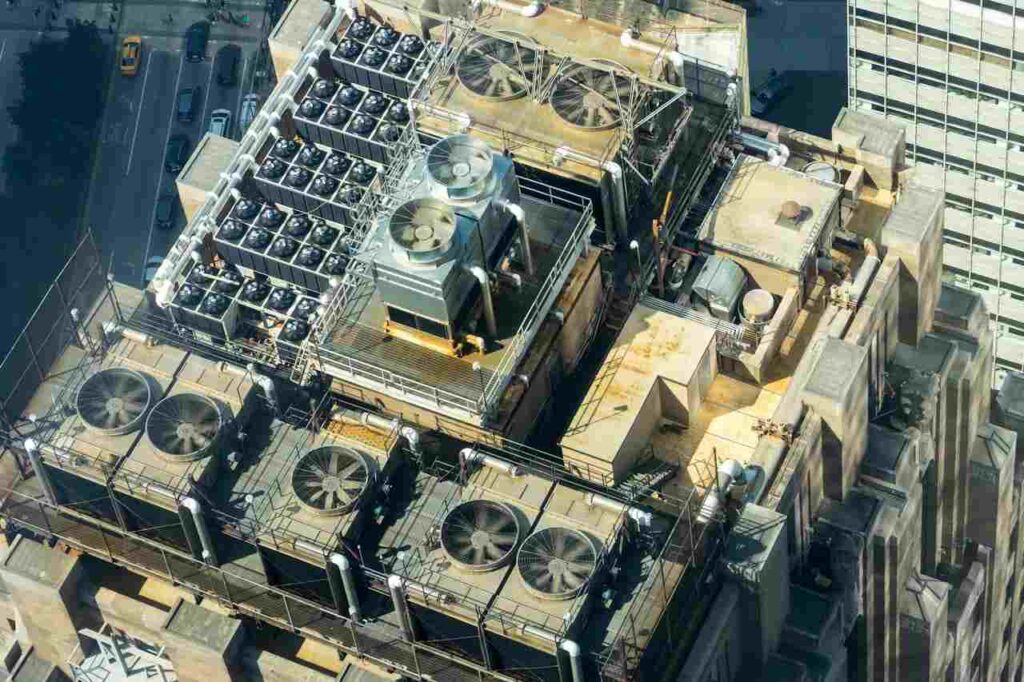Introduction to HVAC Innovations
Across the globe, the HVAC industry is being shaped by significant innovations that enhance energy efficiency and user comfort. These advancements include everything from intelligent climate systems to eco-friendly refrigerants. New technologies are more aligned with consumer expectations by focusing on reducing environmental impact while maintaining optimal comfort. These changes mark a new era for HVAC systems that prioritizes adaptability and responsiveness to unique user requirements. Understanding these transformations helps individuals and businesses make informed decisions when upgrading or installing new HVAC solutions.
Energy Efficiency: A Core Focus
Improving energy efficiency sits at the heart of the latest HVAC developments. With the global push to reduce energy consumption, next-generation HVAC systems are designed to offer significant savings on utility bills and reduce carbon emissions. Energy-efficient units benefit the environment and provide substantial cost savings over time. According to the Department of Energy, increasing HVAC efficiency can result in a 20% yearly reduction in energy costs. These systems ensure minimal energy usage without compromising performance by integrating advanced technologies like variable-speed motors and heat pumps.
The Rise of Eco-Friendly HVAC Systems
The need for eco-friendly HVAC systems is growing along with environmental concerns. By utilizing eco-friendly materials and renewable energy sources, these systems aim to lower carbon footprints. Due to their potential to reduce environmental impact, solutions like natural refrigerant systems and solar-powered HVAC units are growing in popularity. Manufacturers and HVAC company continue to create more environmentally friendly equipment, reflecting a broader trend in the industry toward green living.
Integrating Smart Home Technologies
Smart technology integration in HVAC systems is revolutionizing how we control indoor climates. The inception of smart thermostats, which can learn and adapt to user preferences, exemplifies this transition. These Internet-connected gadgets optimize energy use based on real-time analysis and provide the ease of remote operation. As noted by Tech News, innovative HVAC systems offer a level of personalization that allows for both enhanced comfort and significant energy savings. In the age of digital living, integrating smart home technologies into HVAC systems has become necessary for those seeking efficiency and convenience.
Cutting-edge HVAC Technologies
Innovative solutions like mini-split systems and variable refrigerant flow technology are being introduced to address diverse consumer needs. These new systems offer unparalleled flexibility in design and functionality, providing different configurations to suit various architectural layouts and climate conditions. Additionally, advancements such as thermal energy storage and zoned HVAC systems allow for more precise control over individual room temperatures, enhancing comfort and energy efficiency. These cutting-edge technologies continue to expand the horizon of what’s possible in the HVAC industry.
Impact of Climate Change on HVAC
Climate change significantly affects the HVAC industry, driving a need for resilient systems to extreme weather conditions. Changes in global temperatures call for HVAC solutions capable of operating efficiently across various climates. This demand has led to the creation of robust and adaptable systems designed to meet the challenges of fluctuating environmental conditions. Solutions engineered to withstand these conditions ensure homes and businesses remain comfortable regardless of the climate’s severity.
Choosing the Right HVAC System for Your Home
Selecting the right HVAC system involves carefully considering multiple factors, such as the size of your space, the local climate, and your individual needs. It’s essential to consider all variables, including anticipated maintenance costs and energy consumption, to ensure the selected system will offer optimal comfort and efficiency for your home. By becoming well-informed about the latest trends and seeking advice from industry professionals, you can decide which system best suits your living environment and long-term objectives.
The Future Landscape of HVAC
Looking into the future, the HVAC industry is poised to continue its rapid evolution through innovative technologies and sustainable practices. Keeping up with the latest innovations will be essential to maximizing the potential of contemporary HVAC systems as new avenues are opened by climate change and technology improvements. With an ongoing commitment to energy efficiency, innovative technology integration, and eco-friendly solutions, the future of HVAC promises to provide more creative, sustainable ways to manage climate control.
For more Informative articles you can visit our blog royalsprinter.com

